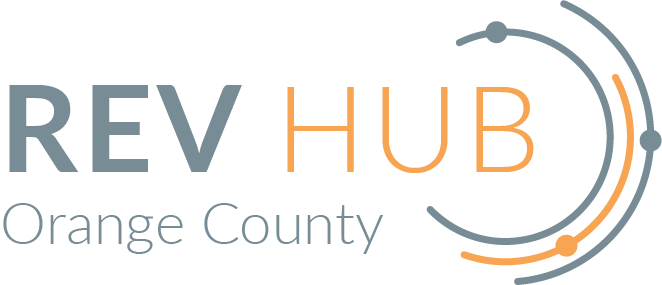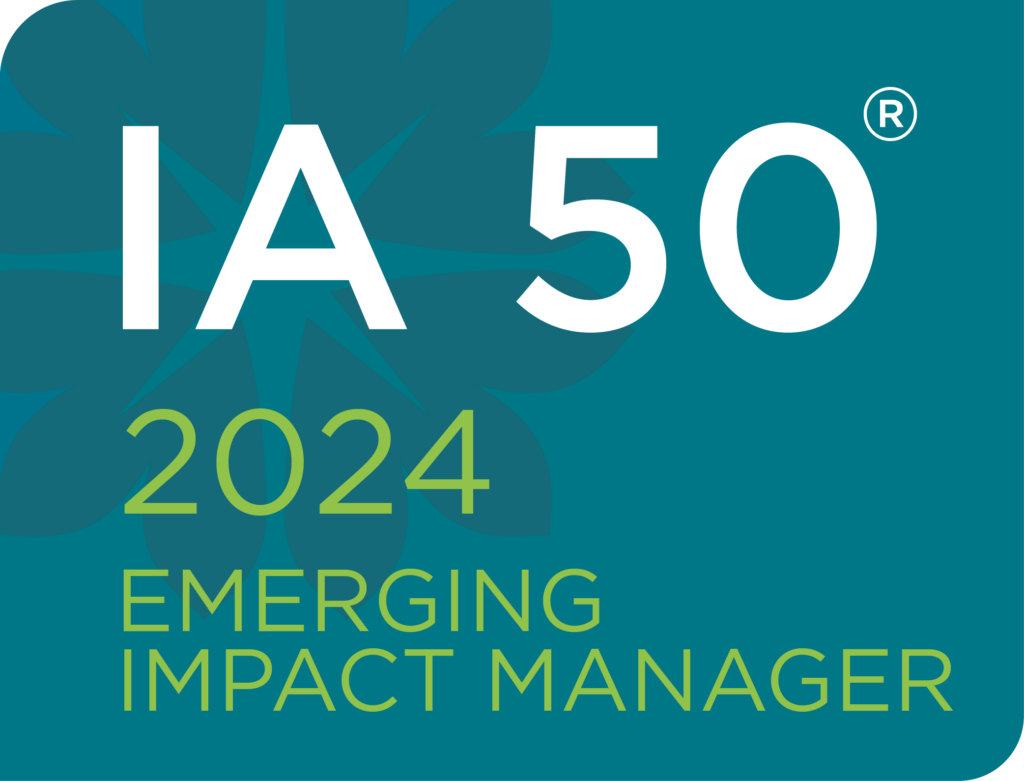Since the Industrial Revolution, we’ve accepted the paradigm of existing with two economies: For-Profit and Nonprofit. This dichotomy says for-profit businesses are where you make money, and nonprofits are where you do good.
Historically, for-profit companies have the capacity and speed to scale; however, positive impact has not been rewarded, and negative impact is often downplayed or covered up in favor of financial returns. Equally, the nonprofit sector does “do good,” but is limited by the need for philanthropy to create capacity. Moreover, building an economy of nonprofits does not lead to a thriving economy. The generosity that nonprofits depend on is often governed by fears of “running out,” triggering a scarcity mindset.
The result is $2 trillion stagnating in investment accounts, not creating impact. Yet the need to have a positive impact on our people and planet continues to drive countless new nonprofits to be formed every day, producing only localized impact that does not scale.
But this stark division no longer holds true. As a society, we’ve grown dissatisfied with the status quo, and the demand for change is fueling a new approach. What we need is a hybrid model, a third way of doing business that rewards entrepreneurial agility and innovation while making a positive impact.
This new wave of business recognizes “social problems are market failures” and, more importantly, correspond to endless opportunities for impact-focused entrepreneurs to mobilize resources and capital to meet market needs/demands. Call it what you will, but it’s a new way of capitalism: a virtuous capitalism that leverages and rewards the scale, speed, and innovation of profit-driven enterprises to address real social and environmental problems.
The rest of the world figured this out 20 years ago. A tidal wave of social impact companies (or social enterprises) has flooded the global market. In the UK, for example, 5% of GDP is social enterprises (greater than the agricultural sector). Moreover, the Canadian government, seeing the potential for double-bottom-line businesses to effect positive change, has committed to spawning more social enterprises via a $700 million investment. It is no surprise then that venture capital impact investing has skyrocketed to over $1 trillion in 2023.
We have an opportunity to not only ride that wave but to lead the charge, making Orange County the epicenter of social impact innovation.
RevHub Is Committed to the Global Movement Promoting Regenerative Economic Practices
Regenerative economic principles holistically view economic development aligned with systemic health, self-organization, and renewal. Regenerative economic principles offer solutions to the complex, interconnected interplay of social, political, economic, and ecological crises by addressing root causes rather than merely alleviating downstream symptoms. This contrasts with degenerative (extractive) or reductionistic economic models, where resources are exploited primarily for short-term profit accumulation and unsustainable economic growth.
Regenerative economic principles prioritize a whole-system outlook that drives equitable access to opportunity, adaptive and resilient practices, and long-term societal and ecological well-being.
RevHub is committed to the following regenerative economic principles and practices:
Environmental Sustainability | RevHub implements organizational practices and supports ventures that drive positive ecological good over negative risk mitigation.
Social Wellbeing | RevHub elevates positive community and global impact, validating dignified labor practices, authentic community engagement, and actions that sustainably contribute positively to society.
Regenerative Financial Systems | RevHub advocates for financial mechanisms that catalyze and scale sustainable, socially responsible businesses that prioritize stakeholder wellbeing while driving shareholder value and profitability.
Innovation, Resilience, and Adaptability | RevHub creates conditions where businesses can innovate, adapt to changing conditions, and ensure long-term resilience.
Empowered Participation and Governance | RevHub includes a diverse range of stakeholders in its decision-making processes, contributing to the collective benefit of initiatives, programs, resources, outreach, and support.



